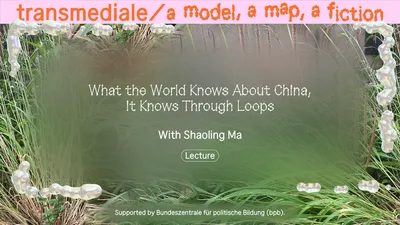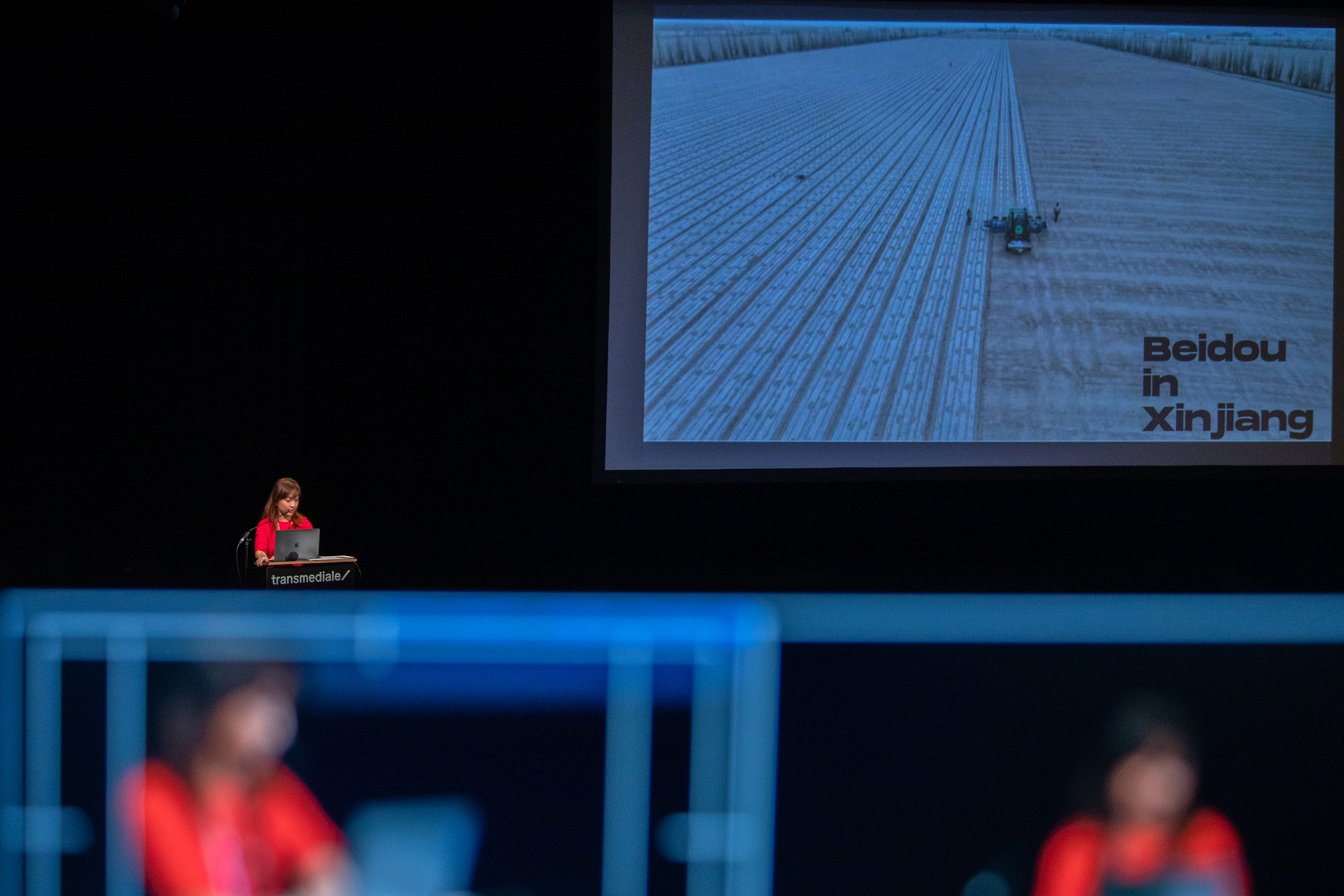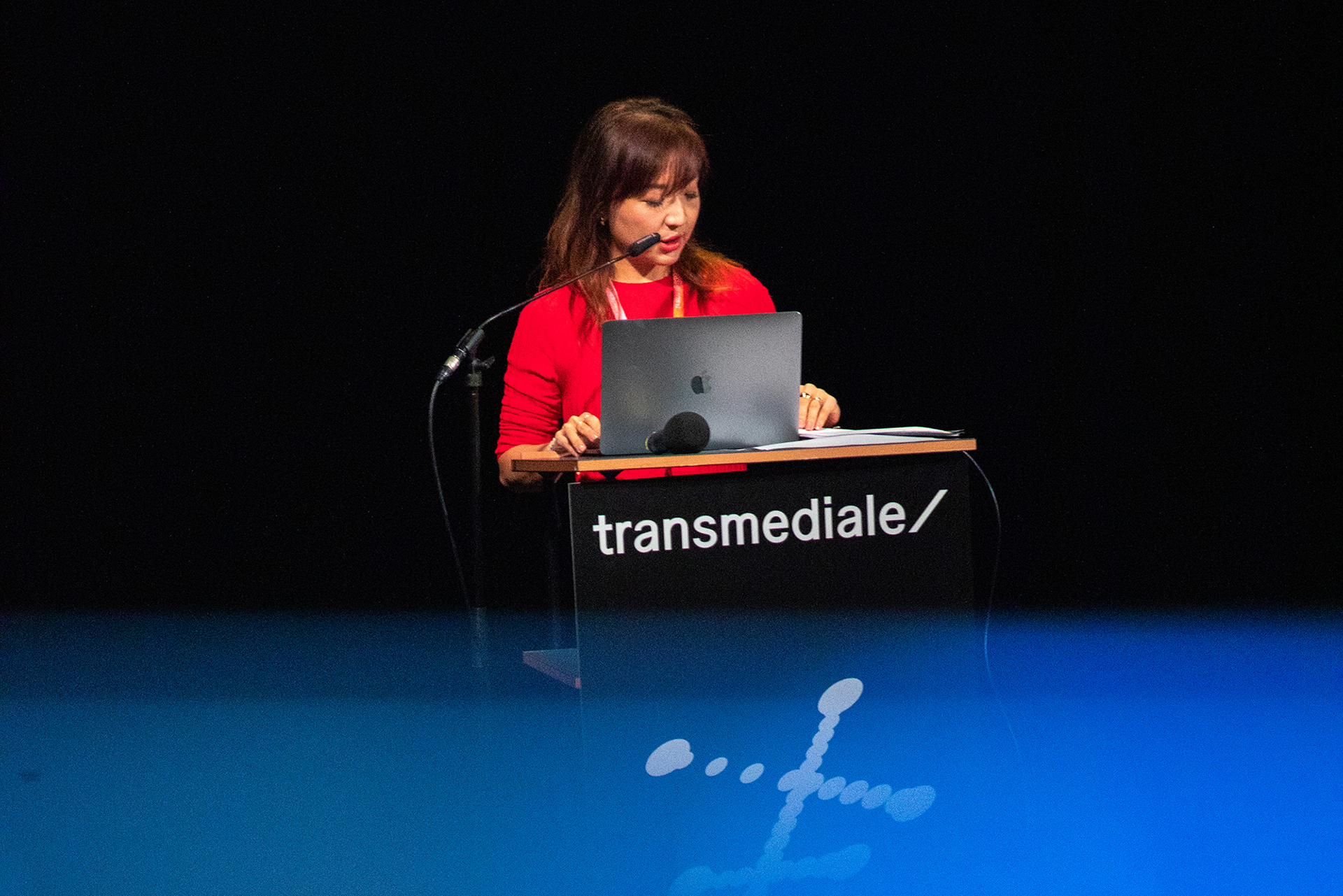with Shaoling Ma

Developed by socialist-Chinese cybernetics and systems theory from the 1950s, principles of recursivity and self-organisation materialise today in State projects such as the Belt and Road Initiative (BRI), polycentric surveillance networks, supply-chain logistics, and planetary-scale observation systems. But beneath the BRI’s lofty promise of global connectivity, the PRC uses planetary-scale observation systems for environmental sustainability, as well as nefarious policies of localised, colonial tracking of Turkic minorities in the Xinjiang Uyghur Autonomous Region (XUAR). Meanwhile, Anglophone media and human rights groups use satellite images and databases to provide evidence of State constructed internment facilities and other surveillance mechanisms in XUAR, risking a recursive datafication of XUAR: what the world knows about China, Shaoling Ma suggests, it learns through loops. In this lecture, Ma differentiates between the material-technical recursions integral to algorithmic processes, computational programmability, and interpretative-aesthetic recursions. Exploring the possibility of an unfinished, heterogenous “scalar fixing,” she calls attention to a counterpoint to planetary-scale computational optics – an alternative mode of ethnic “sensing” or “modelling.”

